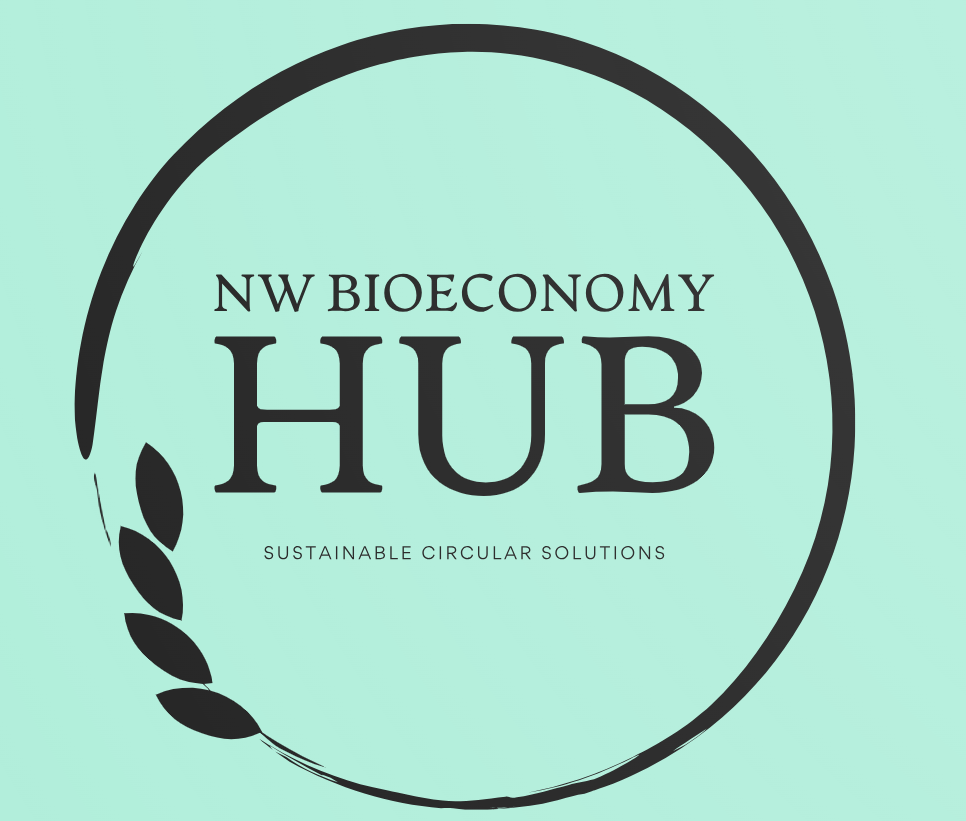


The bioeconomy is one of the EU’s largest and most important sectors encompassing agriculture, forestry, fisheries, food, bioenergy and bio-based products with an annual turnover of around €2 trillion and employing around 18 million people. In 2018, the National Policy Statement on the Bioeconomy set out a recognition that the bioeconomy is crucial for decarbonisation, sustainability and circularity while also providing an impetus to completeness and rural and regional development and employment in Ireland. It suggests that a clear need for increased knowledge transfer and advice, cross-sectoral collaboration, innovation accelerators, leveraging of greater investment and risk finance, growing relevant markets, fortifying market development supports and strengthening engagement to ensure that there is coherence across all relevant sectors.
Across Europe, the bioeconomy is contributing to environmental regeneration, spurring economic growth and supporting jobs in rural, coastal and abandoned industrial areas, leveraging local contexts and traditions. Some examples:


Introduction to the use of Biochar in Horticultural, Agricultural and Environmental settings.
Friday 20th October 2023
10am to 13:00:


According to the European Economic and Social Committee, SMEs already play a major role in the bioeconomy, but to increase their contribution, they need better advice and access to finance. The EESC believes that setting up individual and flexible advisory services to help SMEs launch longterm, innovative projects is essential.